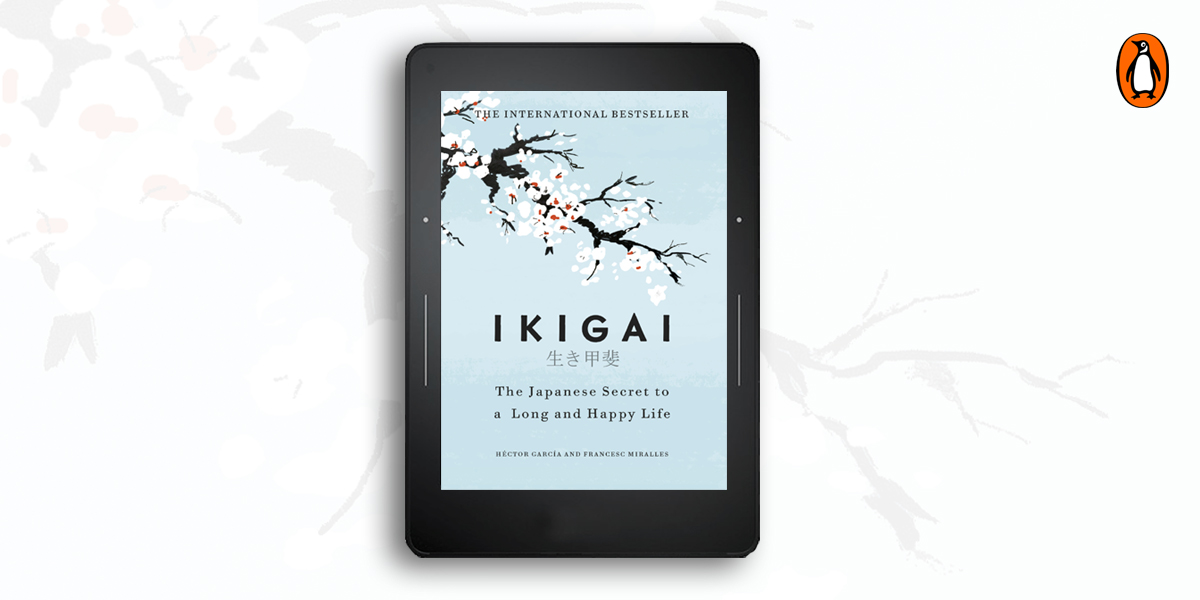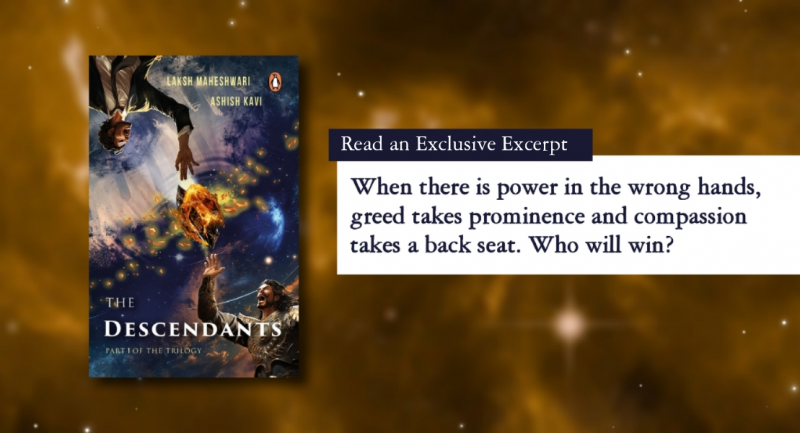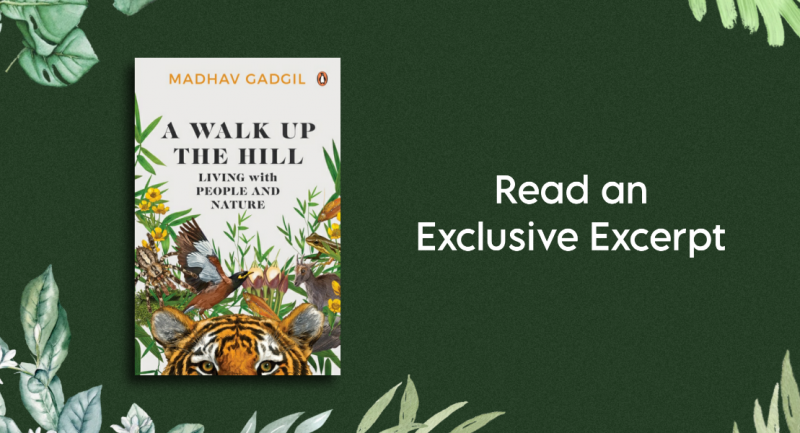
Ikigai is the Japanese word for ‘a reason to live’ or ‘a reason to jump out of bed in the morning’, and we all have it. It’s the place where your needs, desires, ambitions, and satisfaction meet. A place of balance. It’s a small wonder that finding your ikigai is closely linked to living longer.
As we find ourselves in challenging times, it’s important to keep our minds healthy. Embracing the impermanence of things and meditating is hence, necessary and in this excerpt from Héctor García and Francesc Miralles’s book, Ikigai, you will learn just that.
Meditating for Healthier Emotions
In addition to negative visualization and not giving in to negative emotions, another central tenet of Stoicism is
knowing what we can control and what we can’t, as we see in the Serenity Prayer. Worrying about things that are beyond our control accomplishes nothing. We should have a clear sense of what we can change and what we can’t, which in turn will allow us to resist giving in to negative emotions. In the words of Epictetus, “It’s not what happens to you, but how you react that matters.”
In Zen Buddhism, meditation is a way to become aware of our desires and emotions and thereby free ourselves from them. It is not simply a question of keeping the mind free of thoughts but instead involves observing our thoughts and emotions as they appear, without getting carried away by them. In this way, we train our minds not to get swept up in anger, jealousy, or resentment.
One of the most commonly used mantras in Buddhism focuses on controlling negative emotions: “Om.
man.i padme hūm.,” in which om. is the generosity that purifies the ego, ma is the ethics that purifies jealousy, n.i is the patience that purifies passion and desire, pad is the precision that purifies bias, me is the surrender that purifies greed, and hūm. is the wisdom that purifies hatred.
The here and now, and the impermanence of things
Another key to cultivating resilience is knowing in which time to live. Both Buddhism and Stoicism remind us that the present is all that exists, and it is the only thing we can control. Instead of worrying about the past or the future, we should appreciate things just as they are in the moment, in the now.
“The only moment in which you can be truly alive is the present moment,” observes the Buddhist monk Thich Nhat Hanh.
In addition to living in the here and now, the Stoics recommend reflecting on the impermanence of the things around us.
The Roman emperor Marcus Aurelius said that the things we love are like the leaves of a tree: They can fall at any moment with a gust of wind. He also said that changes in the world around us are not accidental but rather form part of the essence of the universe—a rather Buddhist notion, in fact. We should never forget that everything we have and all the people we love will disappear at some point. This is something we should keep in mind, but without giving in to pessimism.
Being aware of the impermanence of things does not have to make us sad; it should help us love the present moment and those who surround us.
“All things human are short-lived and perishable,” Seneca tells us.
The temporary, ephemeral, and impermanent nature of the world is central to every Buddhist discipline. Keeping this always in mind helps us avoid excessive pain in times of loss.
Finding your ikigai is easier than you might think. This book will help you work out what your own ikigai really is, and equip you to change your life. You have a purpose in this world: your skills, your interests, your desires and your history have made you the perfect candidate for something. All you have to do is find it.








